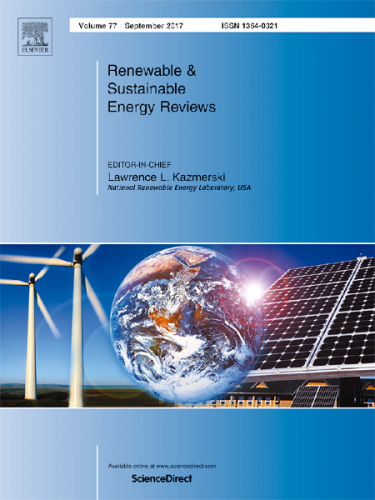
Abstract
This paper investigates heat pump systems in smart grids, focussing on fields of application and control approaches that have emerged in academic literature. Based on a review of published literature technical aspects of heat pump flexibility, fields of application and control approaches are structured and discussed.
Three main categories of applications using heat pumps in a smart grid context have been identified: First stable and economic operation of power grids, second the integration of renewable energy sources and third operation under variable electricity prices. In all fields heat pumps – when controlled in an appropriate manner – can help easing the transition to a decentralized energy system accompanied by a higher share of prosumers and renewable energy sources. Predictive controls are successfully used in the majority of studies, often assuming idealized conditions.
Topics for future research have been identified including: a transfer of control approaches from simulation to the field, a detailed techno-economic analysis of heat pump systems under smart grid operation, and the design of heat pump systems in order to increase flexibility are among the future research topics suggested.



